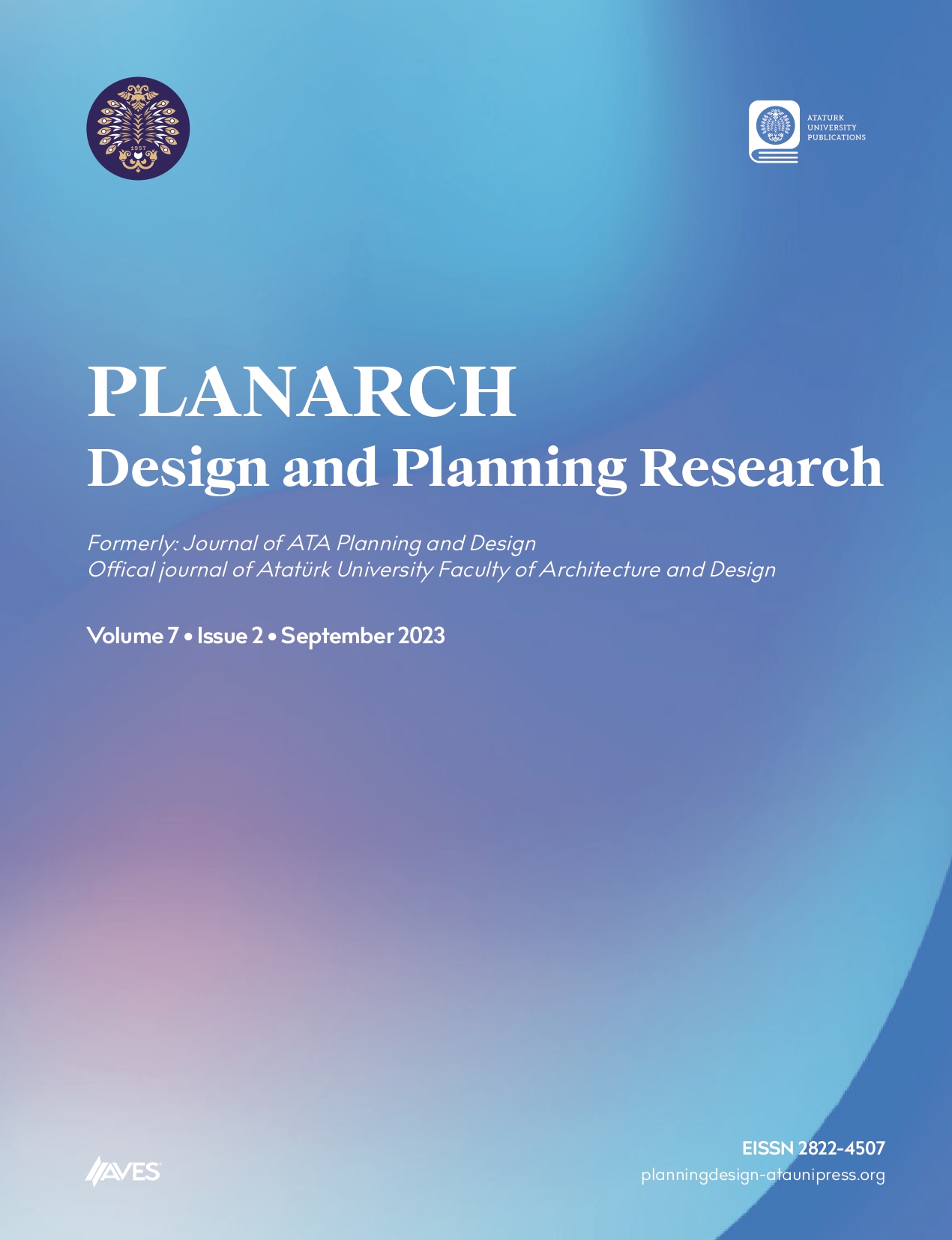The progressive increase of the urban population, the construction of residential complexes, and the fact that more attention is paid to the physical aspects of design than to the social aspects have consequences such as the alienation of the individual from the place and the reduction of place attachment. In this respect, place attachment is considered an effective bond that allows people to establish deep emotional interaction with their living environment. This is a crucial factor in improving residents’ satisfaction, especially in large cities that experience a high influx of immigrants. The purpose of this article is to identify the physical and social characteristics of place attachment and how they contribute to residents’ satisfaction. To achieve the research objective, a theoretical framework based on place attachment theories was established, and 4 residential neighborhoods in the city of Karaj, Iran, were assessed. Hundred and eighty residents from 4 major neighborhoods volunteered to participate in the study. For this purpose, a mixed method was used. The results show that the differences in the degree of place attachment indicate the influence of social and physical factors. However, compared to the physical dimension, the social dimension plays a stronger role. Moreover, the results showed that factors such as social interactions and easy access to amenities directly contribute to residents’ attachment to their neighborhoods. However, other factors have an indirect effect on attachment, such as order and maintenance, attitudes toward the neighborhood, and public participation in the neighborhood.
Mahallelerin Sosyo-Fiziksel Yapısının Mahalle Sakinlerinin Bağlılık Duygusuna Katkısının Araştırılması
Kentsel nüfusun giderek artması, konut komplekslerinin inşa edilmesi ve tasarımın fiziksel yönlerine sosyal yönlerinden daha fazla önem verilmesi, bireyin mekâna yabancılaşması ve mekâna bağlılığın azalması gibi sonuçlar doğurmaktadır. Bu açıdan mekâna bağlılık, insanların yaşadıkları çevre ile derin duygusal etkileşim kurmalarını sağlayan etkili bir bağ olarak kabul edilmektedir. Bu, özellikle yüksek oranda göçmen akınına uğrayan büyük şehirlerde, sakinlerin memnuniyetini artırmada çok önemli bir faktördür. Bu çalışmanın amacı, yere bağlılığın fiziksel ve sosyal özelliklerini ve bunların mahalle sakinlerinin memnuniyetine nasıl katkıda bulunduğunu belirlemektir. Araştırma hedefine ulaşmak için, yere bağlılığın kuramlarına dayalı teorik bir çerçeve oluşturulmuş ve İran’ın Karaj kentindeki dört yerleşim bölgesi değerlendirilmiştir. Dört büyük mahalleden 180 mahalle sakini çalışmaya katılmak için gönüllü olmuştur. Bu amaçla karma bir yöntem kullanılmıştır. Sonuçlar, yere bağlılık derecesindeki farklılıkların sosyal ve fiziksel faktörlerin etkisini gösterdiğini ortaya koymaktadır. Ancak, fiziksel boyuta kıyasla sosyal boyut daha güçlü bir rol oynamaktadır. Ayrıca sonuçlar, sosyal etkileşimler ve olanaklara kolay erişim gibi faktörlerin mahalle sakinlerinin mahallelerine bağlılıklarına doğrudan katkıda bulunduğunu göstermiştir. Bununla birlikte, düzen ve bakım, mahalleye yönelik tutumlar ve halkın mahalleye katılımı gibi diğer faktörler bağlılık üzerinde dolaylı bir etkiye sahiptir.
Anahtar Kelimeler: Karaj, mahalle, mekana bağlılık, konut memnuniyeti, sosyo-fiziksel yapı
Cite this article as: Khaleghimoghaddam, N., Arzhangi, S., & Rajaeipour, N. (2023). Investigating the contribution of socio-physical structure of neighborhoods on residents’ sense of attachment. PLANARCH - Design and Planning Research, 7(2), 191-202.

.png)






